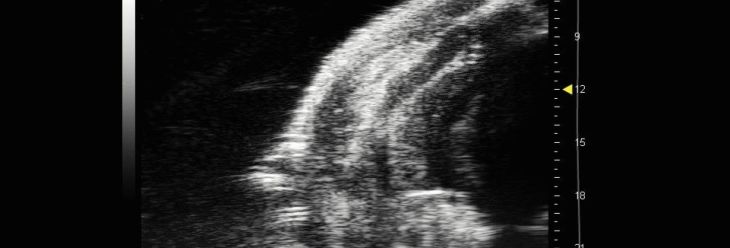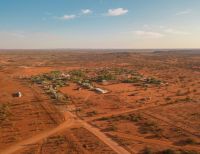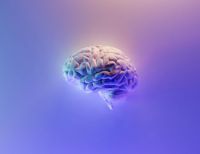After a heart attack, the shock of the event leaves behind a trail of damaged heart muscle, which becomes a scar over time. However, the scar tissue doesn’t have the elasticity and flexibility of healthy heart muscle, meaning there can be complications with pumping and transporting blood.
For the first time, an international team of researchers has developed a method to reverse the loss of elasticity of damaged heart tissue following heart attacks.
Heart disease is currently the largest cause of death globally.
Preclinical studies in rats found a single injection of tropoelastin into the wall of the heart in the days following a heart attack could ‘turn back the clock’ on muscle damage, making the scars ‘stretchier’ and help improve the heart’s ability to contract.
Tropoelastin is the protein building block that gives human tissue its elasticity and ability to stretch.
The results are published in Circulation Research and is the first time this potential of tropoelastin in treating heart disease has been investigated.
“This research showcases the potential of tropoelastin in heart repair and suggest further work will show exciting possibilities of its role in future treatments and therapies,” says lead researcher Dr Robert Hume who conducted the research at the Westmead Institute for Medical Research. Dr Hume is currently based at the University of Sydney’s Charles Perkins Centre.







